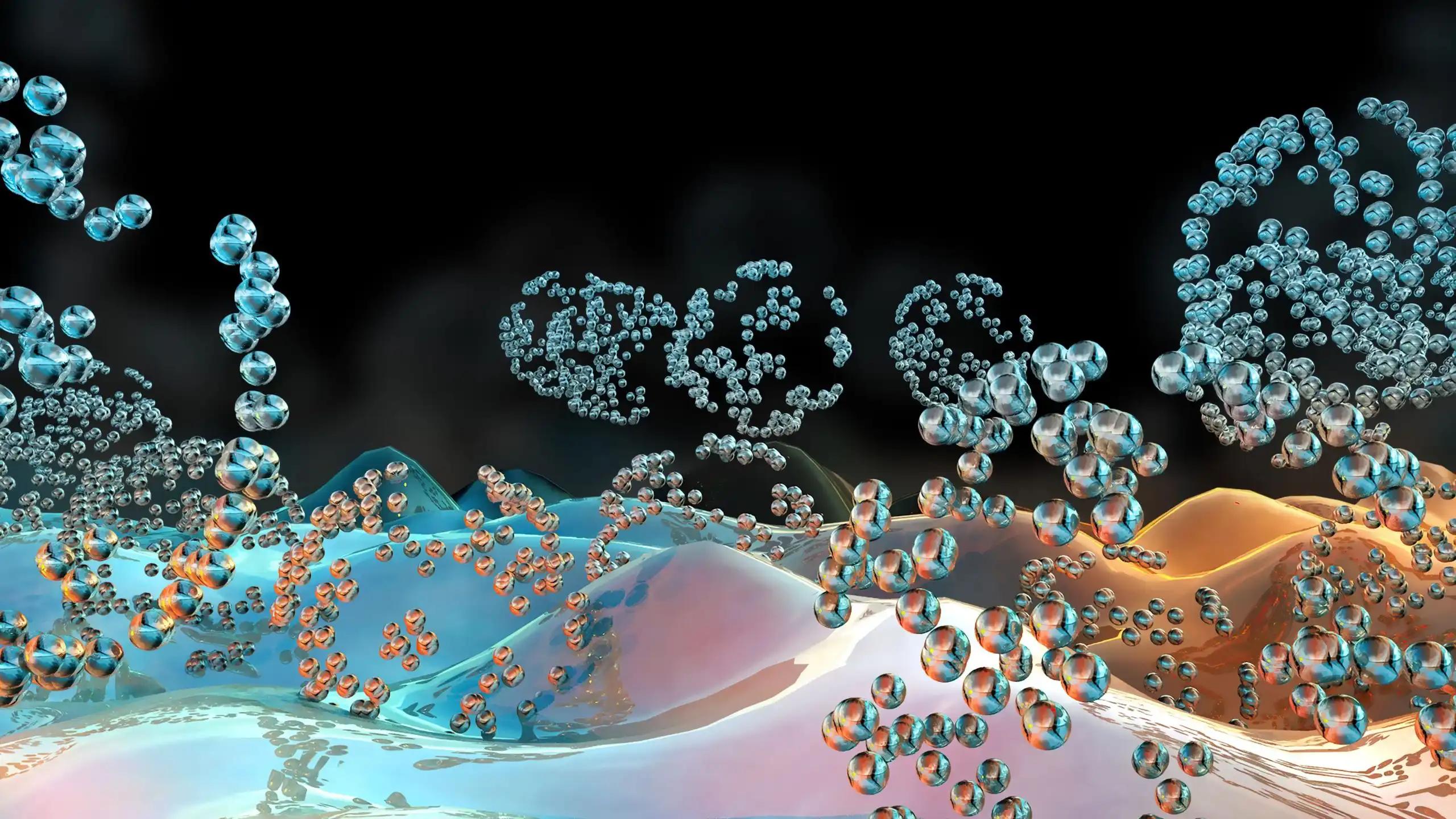KEY TAKEAWAYS
- The study aimed to assess gene expression pattern variations in CML patients’ response to TKI therapy using whole transcriptome sequencing.
- The study showed signaling pathways correlate with treatment resistance in CML, emphasizing potential therapy options beyond BCR-ABL-dependent pathways.
Tyrosine kinase inhibitors (TKIs) and targeted therapeutics are crucial in chronic myeloid leukemia (CML) treatment. However, treatment resistance and less favorable outcomes occur.
H. Alkhatabi and the team conducted a study that aimed to analyze gene expression pattern variations in CML patients’ response to TKI therapy using whole transcriptome sequencing.
The study collected ten blood samples from two cohorts of CML patients: one at initial diagnosis and the other at recurrence. RNA extraction was conducted on all samples, followed by next-generation sequencing. Data analysis utilized the DESeq2 R program.
The results demonstrated that a total of 499 genes exhibited statistically significant differences in expression levels between the two groups. Among these, 122 genes showed upregulation, while 377 genes displayed downregulation. Notably, NTRK2 displayed significant dysregulation, with a fold change exceeding +5.
The considerable proportion of the expressed genes were found to be involved in various biological processes, including the cell cycle, PI3K-AKT signaling system, cellular senescence, oxidative phosphorylation, microRNA in cancer, FOXO signaling pathway, P53 signaling pathway, and other related pathways.
The conclusion drawn from the study underscores the correlation between signaling pathways and the emergence of treatment resistance among patients with CML. These pathways were observed to show heightened efficiency in transmitting signals downstream of the TKI target, BCR-ABL. Further validation of numerous target genes is deemed necessary through a more comprehensive cohort study to confirm their association with TKI resistance.
The findings also emphasized that several BCR-ABL-independent pathways might be linked to resistance, thereby broadening the scope of potential therapeutic approaches for CML patients. No funding information was available.
Source: https://pubmed.ncbi.nlm.nih.gov/38436167/
Alkhatabi H, Aldahlawi S, Hazzazi MS, et al. (2024). “Gene expression profiling on CML patients with Philadelphia translocation.” Eur Rev Med Pharmacol Sci. 2024 Feb;28(4):1340-1355. doi: 10.26355/eurrev_202402_35455. PMID: 38436167.



